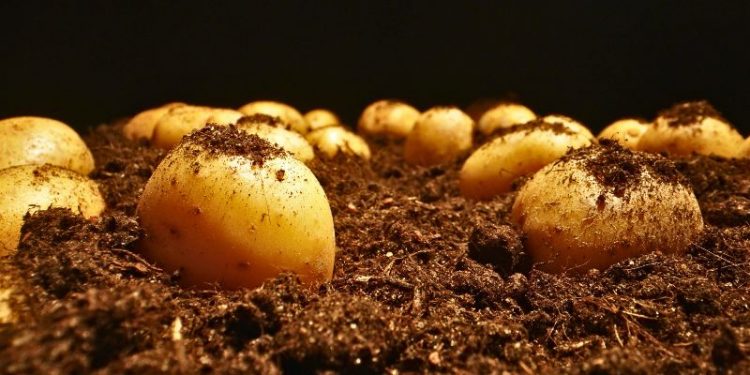Recent Reports Indicate Progress Across Key Potato-Growing Regions
Potato planting conditions across Europe are showing signs of improvement despite recent challenges posed by adverse weather. Notably, storms in the southern Netherlands brought significant rainfall, with totals reaching 60mm, resulting in the flooding of recently planted crops. However, progress in other major potato-growing regions has been encouraging.
According to a recent press release from the Irish Farmers’ Association (IFA), the planting of maincrop potatoes for processing has seen substantial advancement in France, Belgium, and the Netherlands. Although only 20% of the planting had been completed recently, favorable weather conditions have since allowed for significant progress. In the United Kingdom, potato planting is also progressing well, further bolstering the outlook for the upcoming season.
Positive Developments in Ireland Amidst Weather Challenges
In Ireland, potato planting is advancing steadily across the country. The IFA reports that approximately 50% of the plantings are now complete. However, the southeastern region continues to face significant delays due to persistent wet weather. This marks the second consecutive year of late planting in this area, resulting in increasingly tight stock levels.
Industry Implications and Future Outlook
For farmers and agronomists, the recent weather challenges and subsequent progress in planting highlight the importance of adapting to changing conditions and leveraging opportunities when they arise. Entrepreneurs and managers in the potato industry, including those involved in the production and sale of crop protection products and fertilizers, should take note of these developments as they plan for the growing season ahead.
Scientists and researchers focusing on potato cultivation can draw valuable insights from the ongoing efforts to mitigate weather-related disruptions. These insights could inform future strategies for enhancing crop resilience and optimizing planting schedules.
Specialists in the food industry should monitor these planting updates closely, as they directly impact potato supply chains and availability. Ensuring that stocks are managed efficiently in light of planting delays will be crucial for maintaining a steady supply of potatoes for processing and consumption.
Conclusion
The current improvements in potato planting conditions across Europe, despite recent adverse weather, offer a cautiously optimistic outlook for the season. Continued progress and strategic planning will be essential for mitigating challenges and ensuring a successful harvest. The industry must remain vigilant and adaptable to navigate the uncertainties of weather patterns and their impact on potato cultivation.







